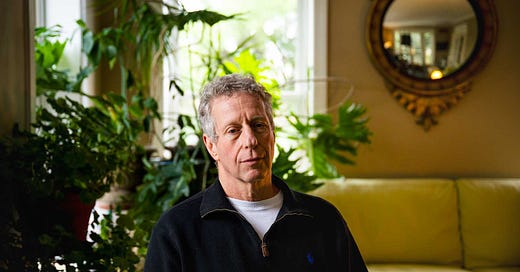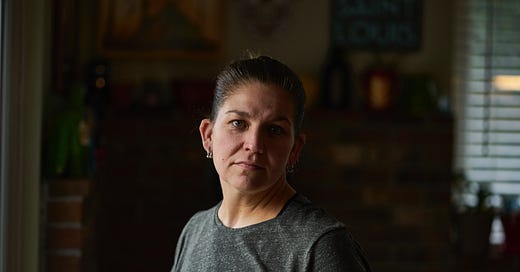Weekend Listening: Are We in a Pre-War Era?

The attack on Pearl Harbor on December 7, 1941. (Photo via Getty Images)
Walter Russell Mead believes we live in an age when humans could bring about an apocalypse. He tells me why—and what we must do to avoid it.
327
Recently, Walter Russell Mead wrote an outstanding article in Tablet titled “You Are Not Destined to Live in Quiet Times.” It’s about the paradox—and great dangers—of technological progress. “Human ingenuity has made us much safer from natural calamities,” he wrote. “We can treat many diseases, predict storms, build dams both to prevent floods and to sa…
Enjoying the story?
Enter your email to read this article and receive our daily newsletter.
Error
Already have an account?
Sign In














